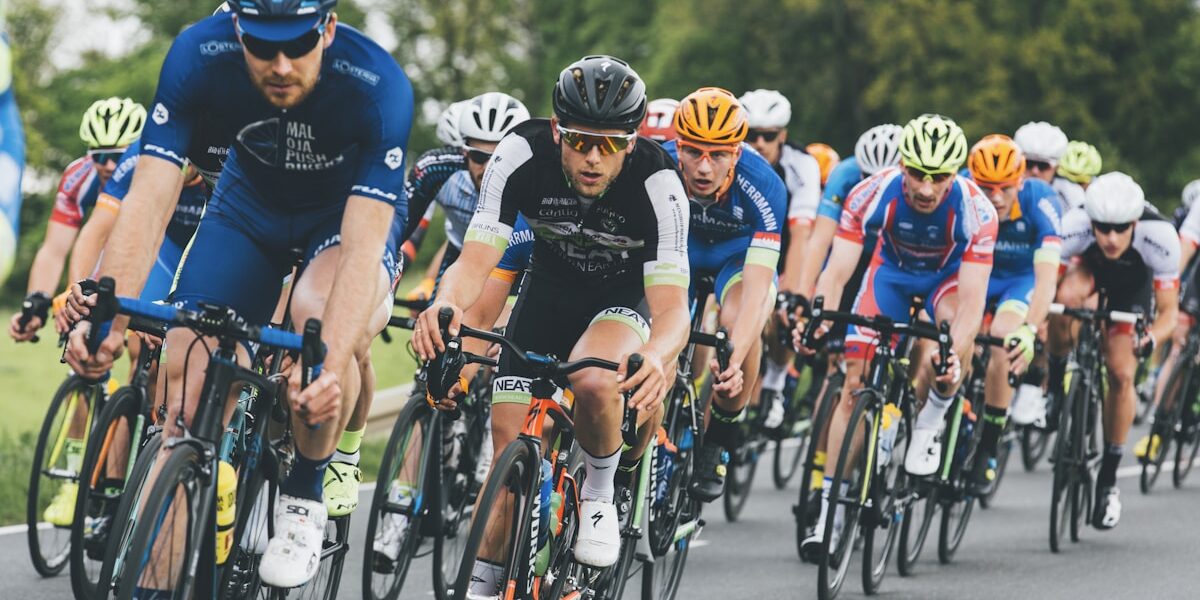Cavendish: Unlocking the Legacy of a Renowned Physicist
Science history has gotten complicated with all the conflicting narratives flying around. As someone who spent years studying 18th-century scientists, I learned everything there is to know about the brilliant minds who shaped modern physics. Today, I will share it all with you.
Henry Cavendish was among the most influential scientists of the 18th century, though you might not recognize his name as quickly as Newton or Galileo. That’s what makes Cavendish endearing to us science enthusiasts – he worked in relative obscurity yet made discoveries that changed everything. Known primarily for his discovery of hydrogen, Cavendish’s contributions to various scientific fields were numerous and profound. Born in 1731 in Nice, he grew up in an environment surrounded by intellectual discourse. His studies at the University of Cambridge laid the groundwork for his pioneering work in chemistry and physics.

Early Life and Academic Pursuits
Cavendish’s early interests revolved around natural philosophy – what we’d call science today. At Cambridge, he was exposed to the leading scientific ideas of the time, rubbing shoulders (metaphorically, since he was notoriously shy) with the brightest minds. Despite not completing his degree, Cavendish’s independent studies continued unabated. He was a voracious reader, delving into works by Robert Boyle and Isaac Newton, absorbing their theories like a sponge.
Major Scientific Contributions
Hydrogen and its Properties
Probably should have led with this section, honestly. Cavendish is often best remembered for his discovery of hydrogen in 1766. He referred to it as “inflammable air” because of its highly combustible nature – a pretty accurate description when you think about it. By reacting acids with metal, he collected the gas and meticulously documented its properties. His work laid the foundation for future research into gases and their characteristics, paving the way for modern chemistry as we know it.
Measurement of the Earth’s Density
Cavendish’s experiments went beyond chemistry into the realm of physics. His work on the Earth’s density, known as the Cavendish Experiment, was groundbreaking for its time. Using a torsion balance – essentially a sophisticated set of hanging weights – he measured the gravitational attraction between lead spheres. This allowed him to calculate the Earth’s density with remarkable precision for the time. His results were a significant step towards understanding gravitational forces and how our planet actually works.
Electrostatics
Cavendish also made major strides in the field of electrostatics, though this work often gets overlooked. He conducted numerous experiments to understand the behavior of electric charges, which must have been fascinating and terrifying in equal measure. His work included the study of capacitance and the influence of materials on electric fields. Although much of his work remained unpublished during his lifetime – he was notoriously secretive – it profoundly influenced later scientists, including James Clerk Maxwell, who recognized Cavendish’s genius when reviewing his unpublished papers.
Work Habits and Methodology
Cavendish was known for his meticulous and methodical approach to experimentation. He often worked in isolation, communicating sparingly with his contemporaries – the original lone wolf scientist. His detailed notebooks provided a clear record of his processes and findings, written with such precision that modern scientists can replicate his experiments over two centuries later. This precision has allowed modern scientists to validate many of his experiments and confirm he was absolutely right.
Cavendish and the Royal Society
Although he avoided the limelight like it was the plague, Cavendish was an active member of the Royal Society. He regularly attended meetings and contributed to discussions, though typically in his characteristically reserved manner. His peers respected him for his analytical mind and thoroughness, even if they found him a bit odd personally. Despite his reserved nature, his influence on the scientific community was considerable and lasting.
Legacy and Impact
Cavendish’s legacy extends beyond his immediate discoveries into the very methodology of science itself. His approach to scientific inquiry set a standard for future generations. By prioritizing empirical evidence and careful measurement above all else, he helped define modern scientific methodology. His work continues to be studied and admired for its rigor and innovation.
The Cavendish Laboratory at the University of Cambridge, named in his honor, is a testament to his lasting impact. Esteemed physicists like Lord Rutherford and Stephen Hawking have worked there, carrying forward his legacy of scientific excellence and quiet determination.



